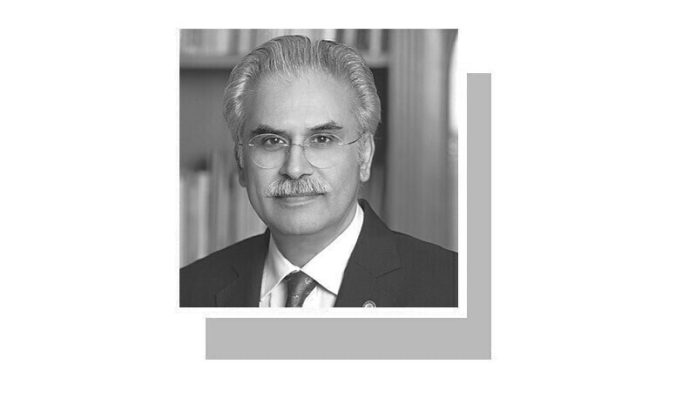In the realm of medicine, the concept of “autonomy” is often upheld as a guiding principle, standing diametrically opposed to discipline. This sentiment, expressed by Atul Gawande in “The Checklist Manifesto — How to Get Things Right,” underscores a fundamental tension within the profession.
During an internal meeting at the Ministry of Health regarding office space, the proposal to repurpose old furniture for Basic Health Units and Rural Health Centers was met with general acceptance. However, my vehement objection to this suggestion highlighted a deeper issue: the prevailing perception of primary healthcare (PHC) as synonymous with inferior care for the underprivileged.
Consequently, I advocate for a shift in terminology from PHC to qPHC, where the addition of the “q” serves as a constant reminder of the imperative of quality in healthcare provision. This shift should permeate all aspects of decision-making, from facility setup to budget allocations, necessitating increased investment in quality improvement initiatives.
The importance of quality in healthcare cannot be overstated, as substandard services may not only be ineffective but potentially harmful. This sentiment is echoed by the Lancet Global Health Commission, which revealed that poor-quality care, rather than lack of access, is now the primary contributor to mortality in low- and middle-income countries.
Moreover, the historical declarations of Alma Ata and Astana underscore the pivotal role of PHC in sustainable health systems. However, the operationalization of these principles necessitates a concerted effort to embed quality improvement mechanisms across the healthcare spectrum.
To this end, education and training must prioritize the cultivation of a culture of quality among healthcare professionals. Furthermore, clinical practices should be underpinned by evidence-based standards, protocols, and tools aimed at enhancing effectiveness and patient outcomes.
In Pakistan, the establishment of provincial healthcare commissions and regulatory authorities marks a significant step towards enhancing quality standards in healthcare delivery. Initial assessments indicate tangible improvements, particularly in private healthcare facilities, albeit with much ground left to cover.
Ultimately, the pursuit of qPHC is essential for realizing the vision of universal health coverage and ensuring equitable access to essential healthcare services. However, achieving this goal demands sustained commitment and concerted action at all levels of the healthcare system.




